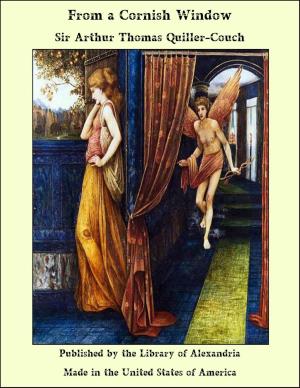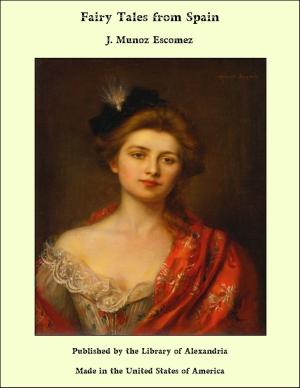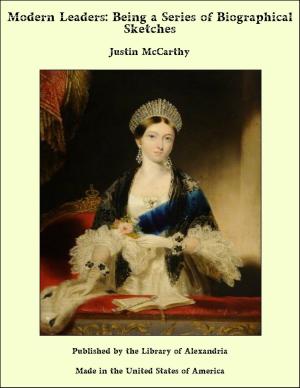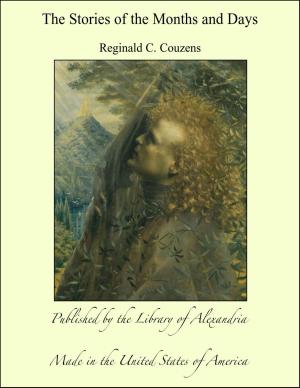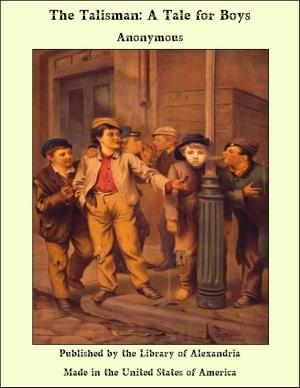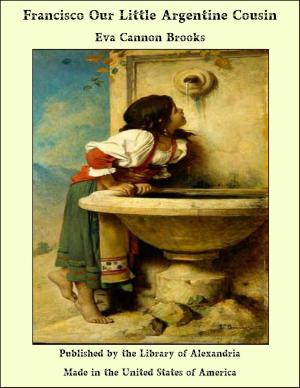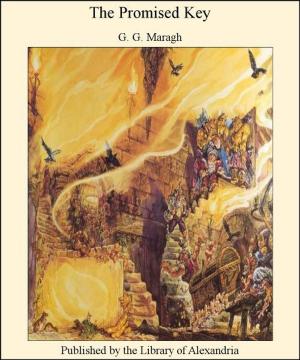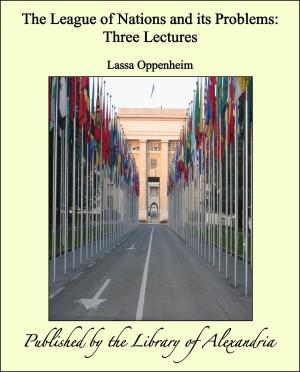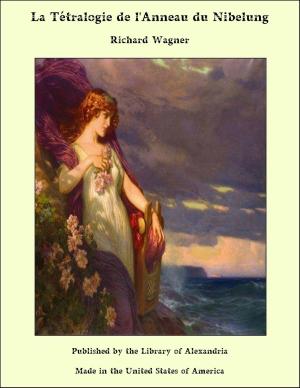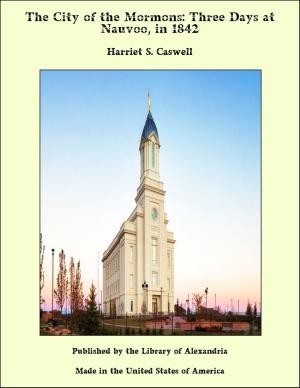| Author: | Israel Zangwill | ISBN: | 9781465524713 |
| Publisher: | Library of Alexandria | Publication: | March 8, 2015 |
| Imprint: | Language: | English |
| Author: | Israel Zangwill |
| ISBN: | 9781465524713 |
| Publisher: | Library of Alexandria |
| Publication: | March 8, 2015 |
| Imprint: | |
| Language: | English |
"THEY THAT WALK IN DARKNESS" It was not till she had fasted every Monday and Thursday for a twelvemonth, that Zillah's long yearning for a child was gratified. She gave birth—O more than fair-dealing God!—to a boy. Jossel, who had years ago abandoned the hope of an heir to pray for his soul, was as delighted as he was astonished. His wife had kept him in ignorance of the fasts by which she was appealing to Heaven; and when of a Monday or Thursday evening on his return from his boot factory in Bethnal Green, he had sat down to his dinner in Dalston, no suspicion had crossed his mind that it was Zillah's breakfast. He himself was a prosaic person, incapable of imagining such spontaneities of religion, though he kept every fast which it behoves an orthodox Jew to endure who makes no speciality of sainthood. There was a touch of the fantastic in Zillah's character which he had only appreciated in its manifestation as girlish liveliness, and which Zillah knew would find no response from him in its religious expression. Not that her spiritual innovations were original inventions. From some pious old crone, after whom (as she could read Hebrew) a cluster of neighbouring dames repeated what they could catch of the New Year prayers in the women's synagogue, Zillah had learnt that certain holy men were accustomed to afflict their souls on Mondays and Thursdays. From her unsuspecting husband himself she had Further elicited that these days were marked out from the ordinary, even for the man of the world, by a special prayer dubbed "the long 'He being merciful.'" Surely on Mondays and Thursdays, then, He would indeed be merciful. To make sure of His good-will she continued to be unmerciful to herself long after it became certain that her prayer had been granted. II
"THEY THAT WALK IN DARKNESS" It was not till she had fasted every Monday and Thursday for a twelvemonth, that Zillah's long yearning for a child was gratified. She gave birth—O more than fair-dealing God!—to a boy. Jossel, who had years ago abandoned the hope of an heir to pray for his soul, was as delighted as he was astonished. His wife had kept him in ignorance of the fasts by which she was appealing to Heaven; and when of a Monday or Thursday evening on his return from his boot factory in Bethnal Green, he had sat down to his dinner in Dalston, no suspicion had crossed his mind that it was Zillah's breakfast. He himself was a prosaic person, incapable of imagining such spontaneities of religion, though he kept every fast which it behoves an orthodox Jew to endure who makes no speciality of sainthood. There was a touch of the fantastic in Zillah's character which he had only appreciated in its manifestation as girlish liveliness, and which Zillah knew would find no response from him in its religious expression. Not that her spiritual innovations were original inventions. From some pious old crone, after whom (as she could read Hebrew) a cluster of neighbouring dames repeated what they could catch of the New Year prayers in the women's synagogue, Zillah had learnt that certain holy men were accustomed to afflict their souls on Mondays and Thursdays. From her unsuspecting husband himself she had Further elicited that these days were marked out from the ordinary, even for the man of the world, by a special prayer dubbed "the long 'He being merciful.'" Surely on Mondays and Thursdays, then, He would indeed be merciful. To make sure of His good-will she continued to be unmerciful to herself long after it became certain that her prayer had been granted. II

